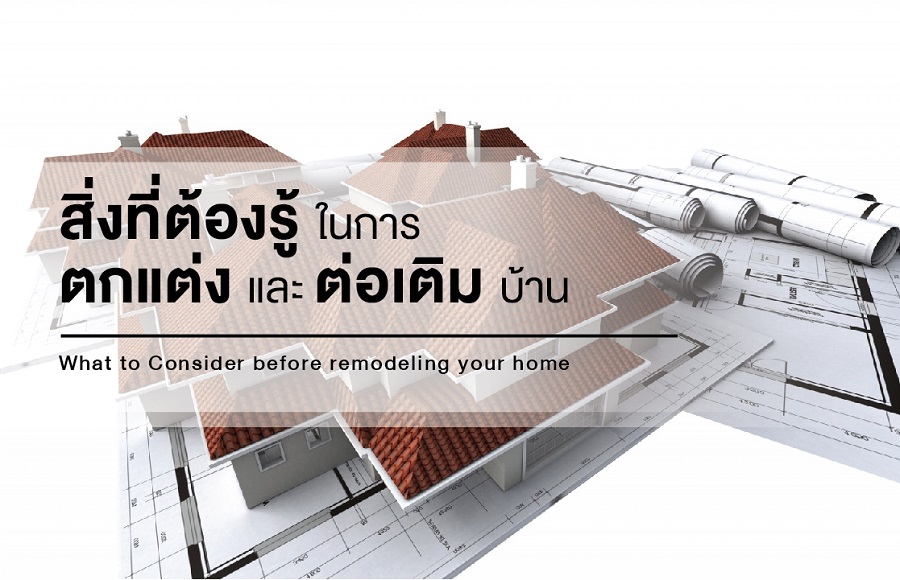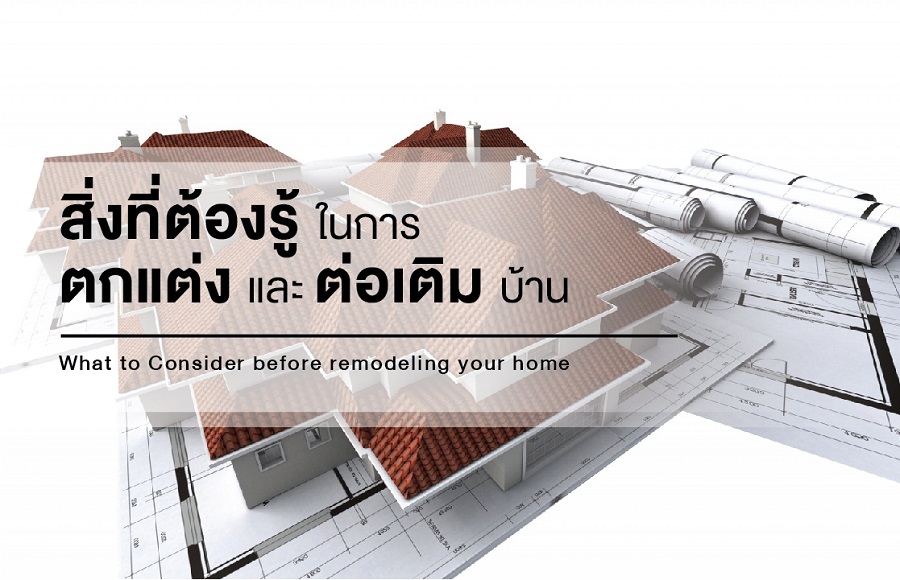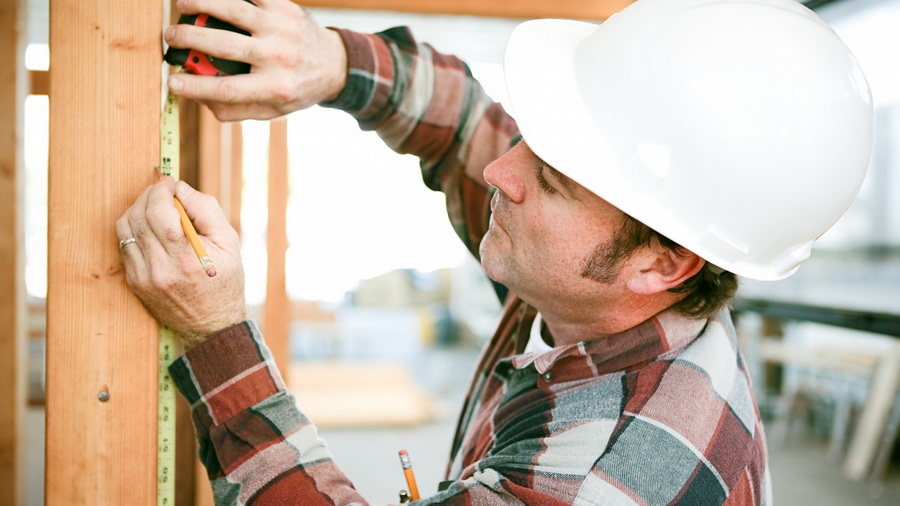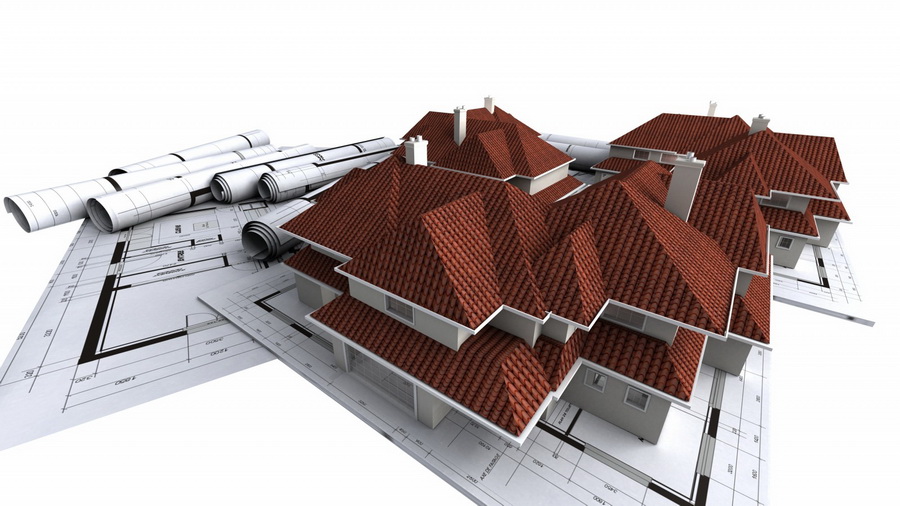What you need to know about home decorating and renovations


Even though it’s your own property, renovating or extending a house, condominium, townhouse, or detached home doesn’t mean you can do it freely. Certain modifications — such as expanding any floor space over 5 square meters, changing or enlarging the roof, or altering structural elements like pillars, walls, or staircases — require official permission from the authorities. Let’s break down the important details you need to know before starting any project.
Building setback regulations – If you’re planning an extension, Thai law requires a setback from the property boundary. For townhouses and shophouses, the rear area must leave at least 2.0 meters as a fire escape path. Walls with doors or windows under 9 meters in height must be at least 2.0 meters from the boundary, while structures above 9 meters must be 3.0 meters away. Solid walls without openings need at least 0.5 meters clearance, unless you have written consent from your neighbor.

Applying for construction permits – Due to setback rules, townhouses and shophouses often cannot legally extend unless they have extra space at the rear. To do it correctly, you’ll need to file a construction permit. The reason many extensions still happen is because local authorities sometimes allow exceptions — but legally, permits are required.
Respect project regulations – For homes in housing developments, projects may enforce specific rules to maintain aesthetics and overall harmony. These prevent unauthorized extensions that could negatively impact the community’s appearance. Your renovation must comply with these regulations to avoid disputes and preserve the project’s quality.

Maintaining good neighbor relations – Even if your extension follows the law, it may still affect your neighbors during construction. Issues like noise, dust, or risks to nearby structures can cause conflicts. It’s essential to inform and discuss with your neighbors beforehand, to avoid complaints that might escalate into official disputes.
Responsibility for surrounding impact – If you have enough land to apply for a permit, you’re still responsible for potential damage caused by construction. Foundation vibration, soil shifting, noise, and dust can all affect nearby houses. If neighbors suffer, they may file complaints or legal claims for compensation.

Construction Safety for Home Extensions - When extending or renovating a house, condominium, townhouse, or detached home, it’s essential to work with a licensed engineer. Extensions often take place in limited spaces, which means careful planning is required to assess the building’s current condition and the land where the new structure will be added. Key considerations include the type of foundation piles, material transportation, and solutions to prevent water leakage where the old and new structures meet.
One of the most important factors is structural load capacity. Never assume that a small extension won’t affect the house. Original home designs are carefully calculated to support the building’s weight, the number of residents, and furniture loads. Adding extra weight or tying new construction directly to the old structure without professional oversight can cause long-term damage.
Common Renovation Problems
Many homes that are extended without engineering advice face cracked walls, uneven subsidence, or water leaks after heavy rain. These issues often occur because the new section is connected to the original structure but built with smaller or shorter piles. Over time, the different settlement levels between the old and new parts cause cracks and separations along the joints.
When Damage Becomes Severe
In more serious cases, extensions that include structural elements such as beams or columns can drag the original house down as the new section settles. To protect the main home from extensive damage, such faulty extensions must be demolished or cut away quickly.
By understanding these risks and following proper construction practices, homeowners can avoid costly mistakes and keep their property safe in the long run.
Drainage and roof design – One common oversight is rainwater drainage. Extending a roof to the property boundary can cause runoff into your neighbor’s yard, which is illegal. Proper gutter systems must ensure water remains within your property.
Final advice
Knowing these rules before you renovate will save you headaches later. Better yet, choosing a home already designed for modern living — like those by REAL ASSET — means you won’t need major renovations at all, giving you peace of mind and a more comfortable lifestyle.
Explore more details about single houses, twin houses, townhomes, and condominiums here.
Website : www.realasset.co.th
Facebook : www.facebook.com/REALASSETDEVELOPMENT
Instagram : www.instagram.com/realasset.development/
LINE Official : @realasset or https://lin.ee/kSfFgQP
Youtube : www.youtube.com/@RealAssetDevelopment
Call Center : 1232
E-Mail : info@realasset.co.th






